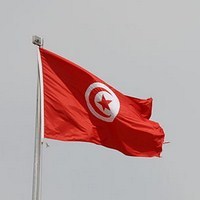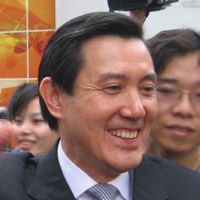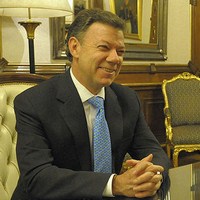
Two weeks ago a 7.7 magnitude earthquake hit Pakistan, killing more than 300 people and leaving thousands homeless. This came on the heels of floods in August that affected almost 1.5 million people. India, for its part, has not suffered any major natural disasters recently but is facing a larger challenge of continued economic slowdown. Its growth rate has dropped for two quarters in a row in 2013, reaching 4.4 percent, and it has faced a major currency crisis as well. Afghanistan, meanwhile, faces the prospects of even more fundamental challenges to regime stability and state cohesion after the U.S. […]









